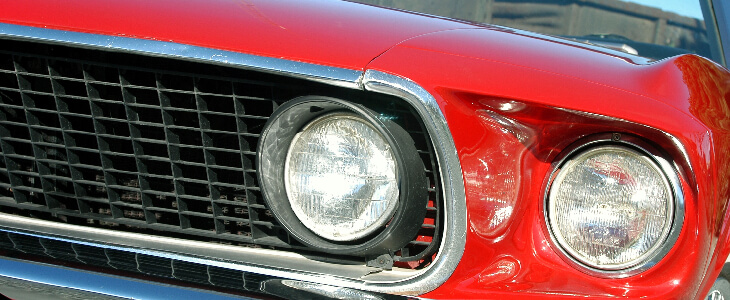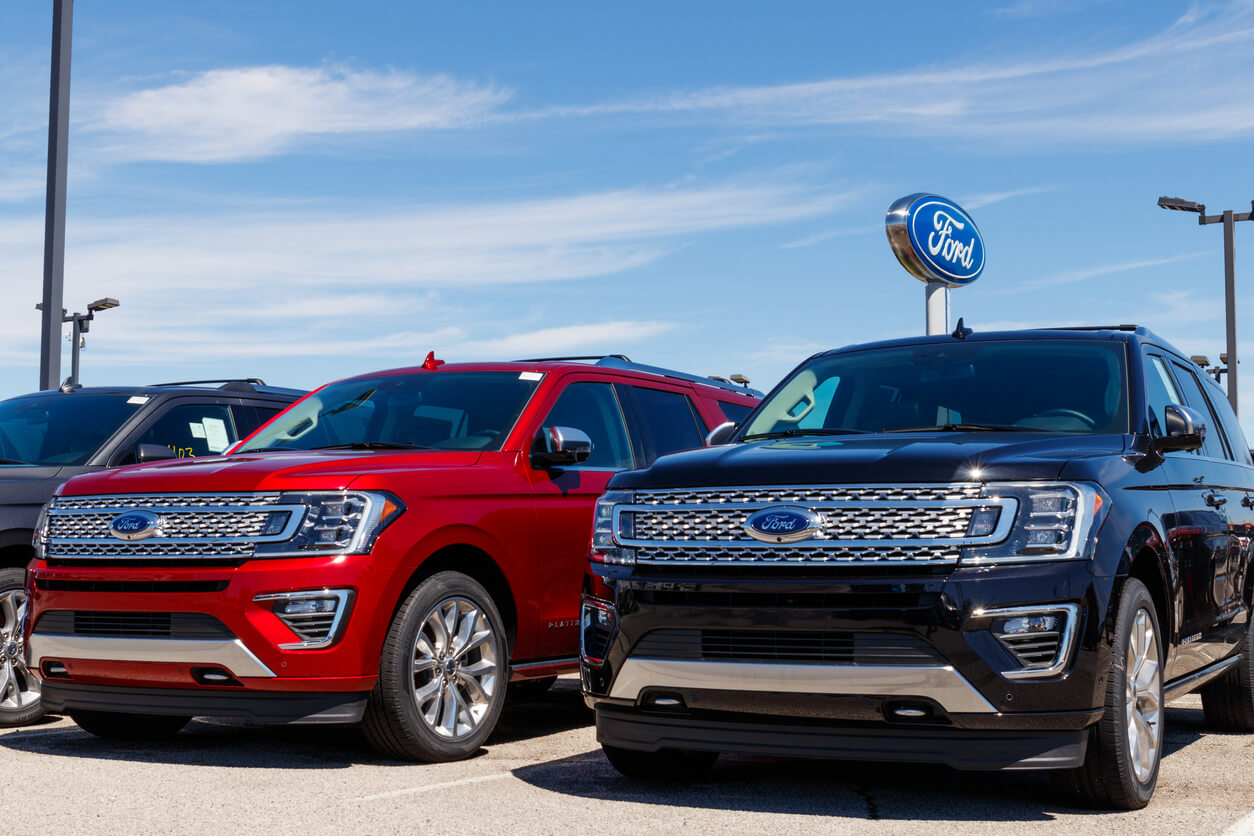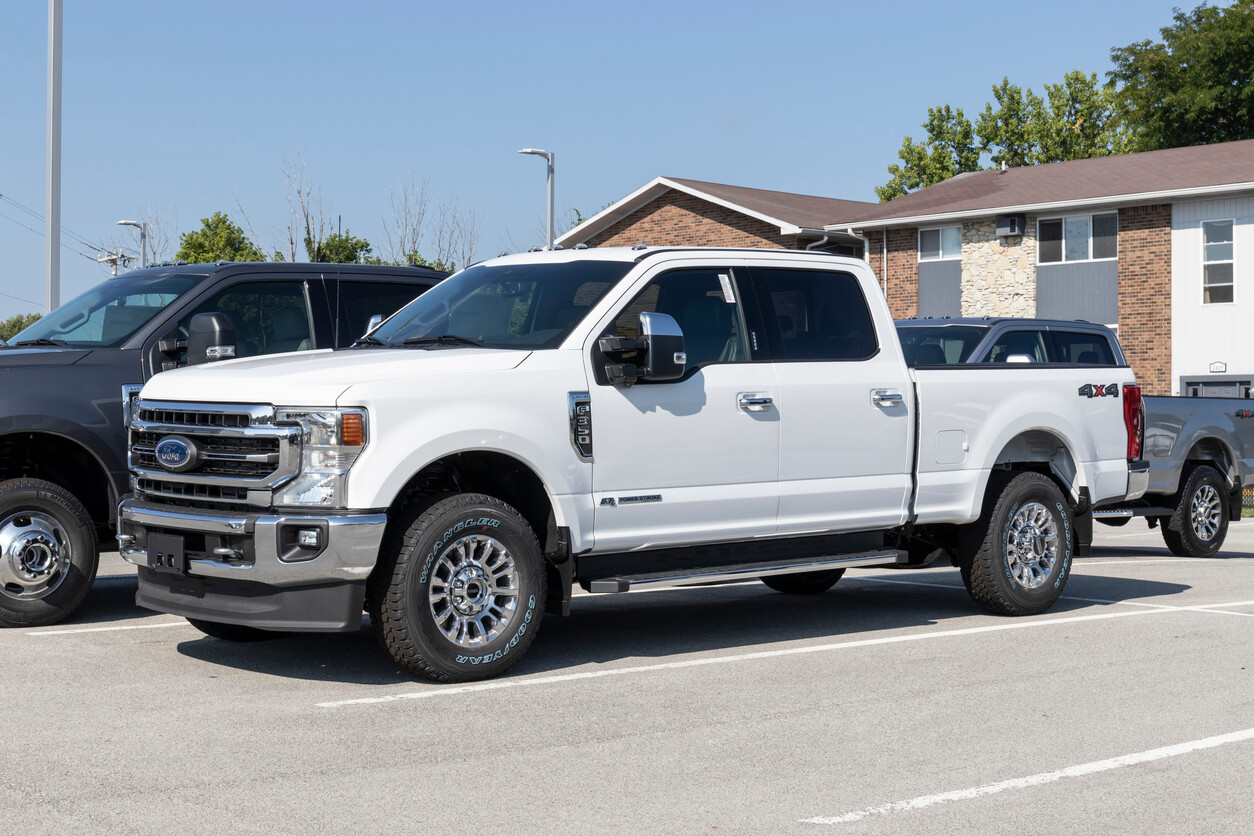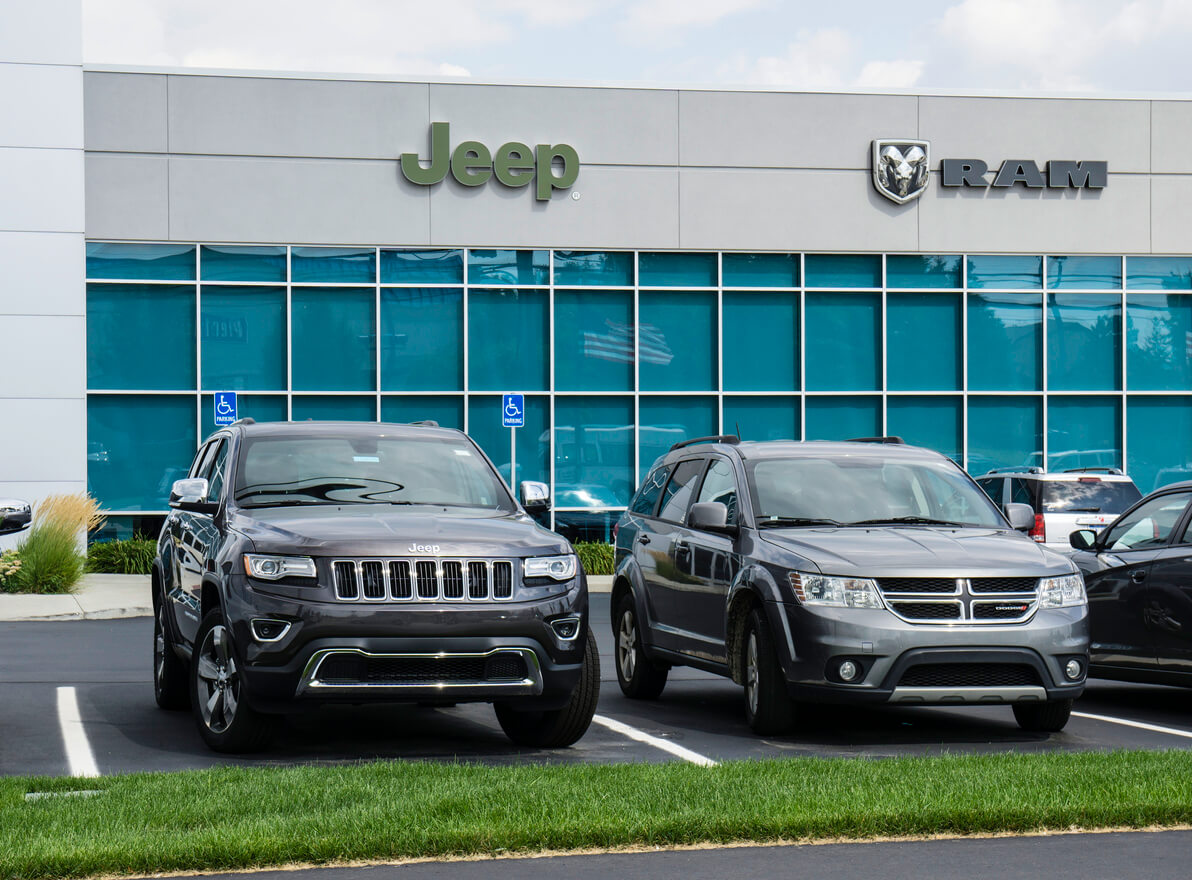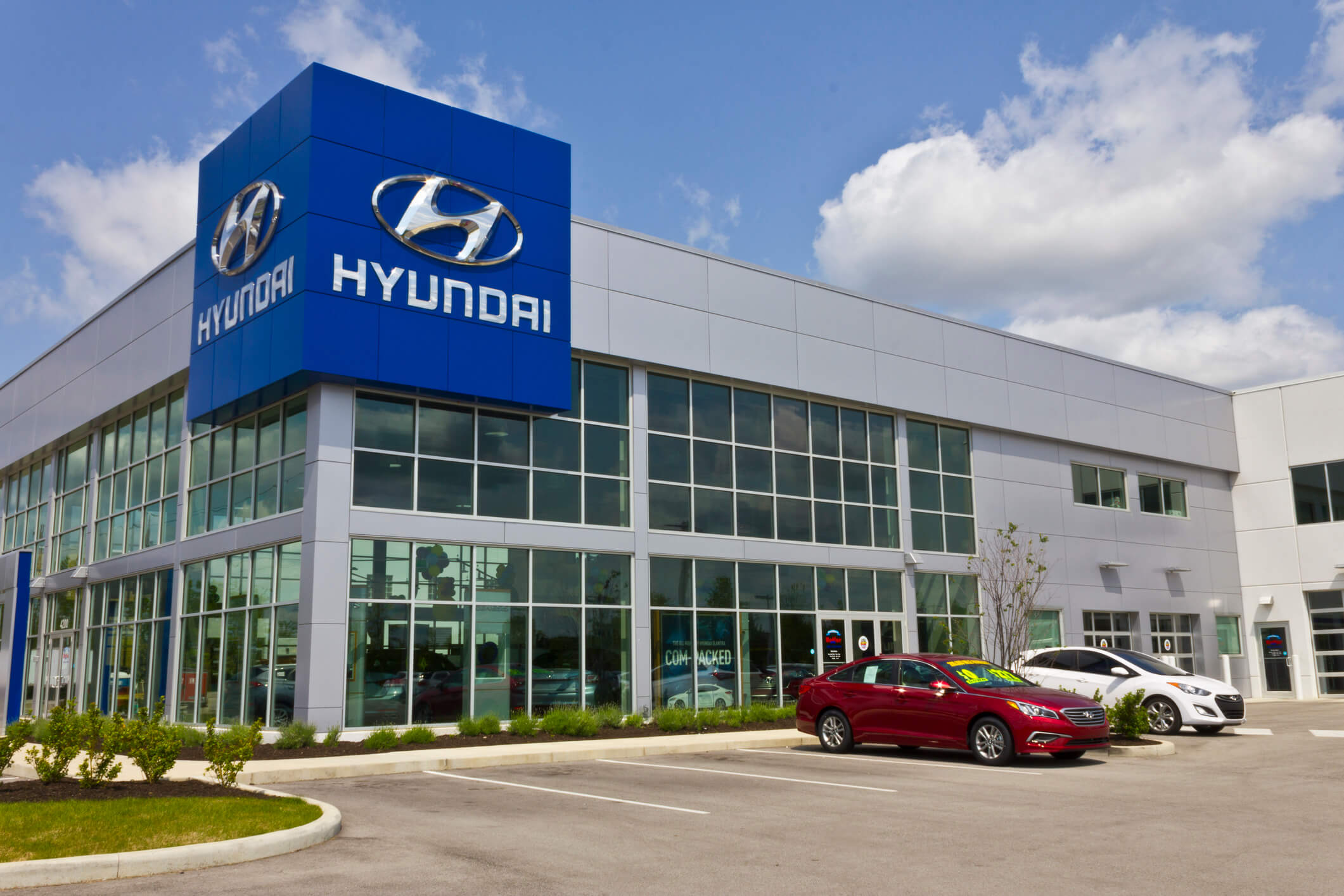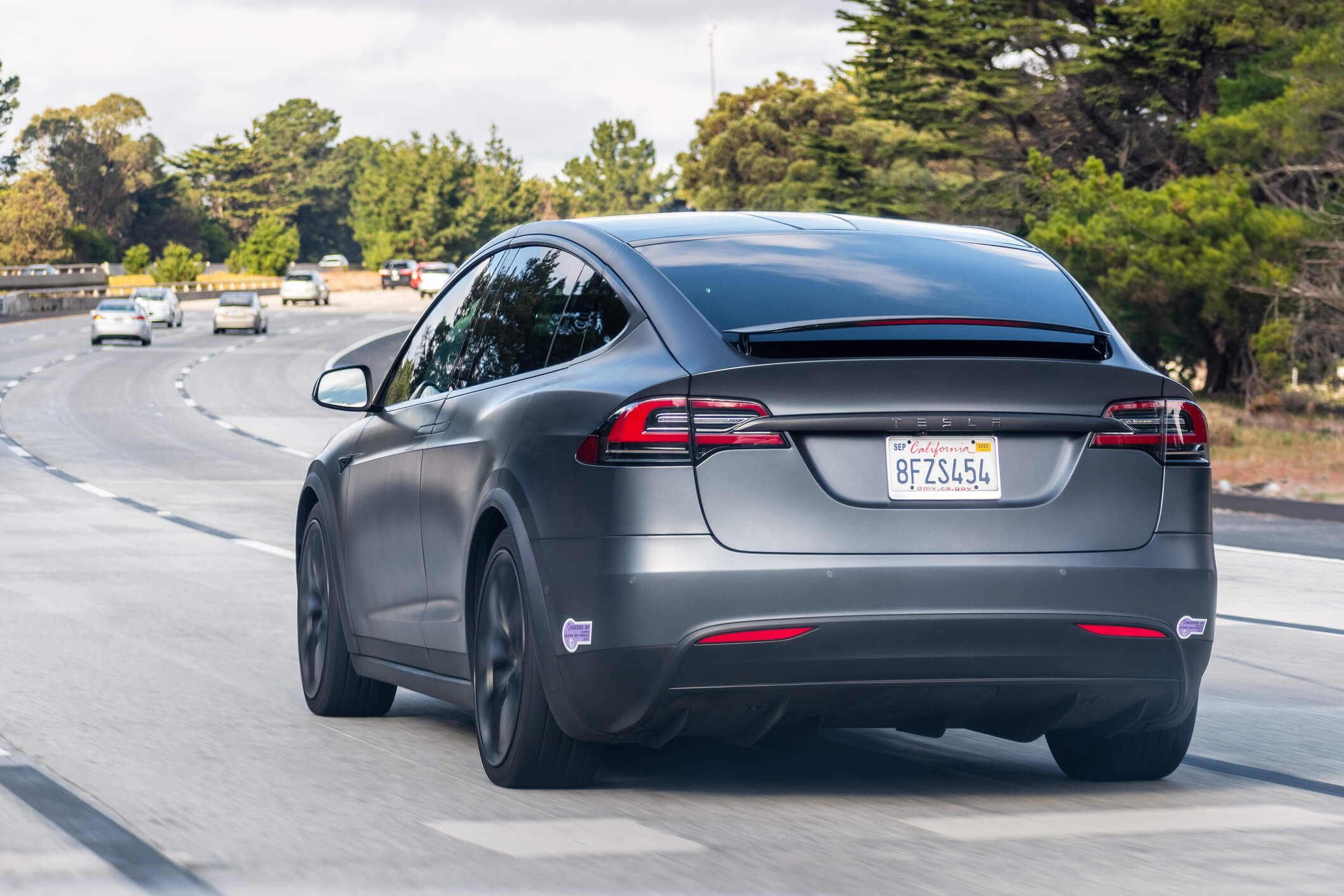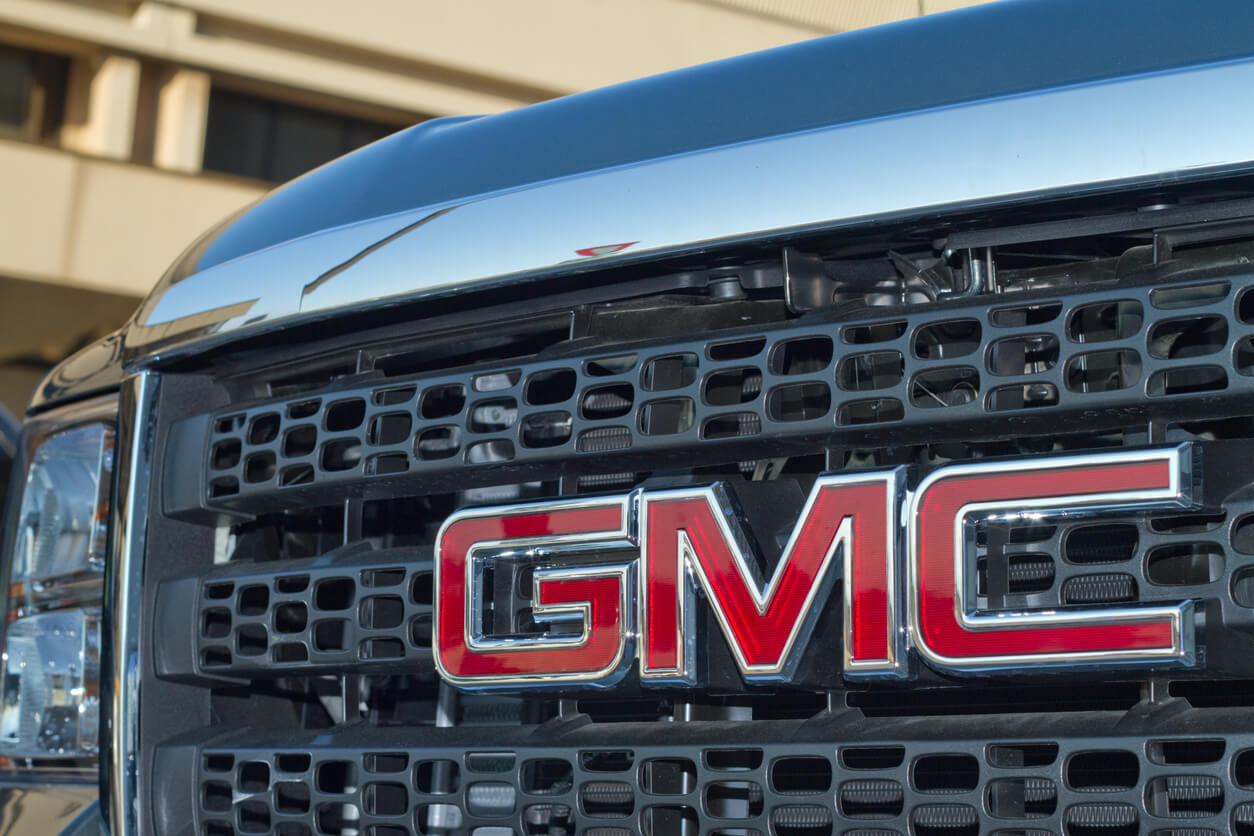Ford Mustang is facing a class action lawsuit over manual transmission. The suit covers cars purchased or leased from 2011-2019 equipped with MT82 or MT82-D4 transmissions. As per the owners of Ford Mustang, cars have defects that cause the transmissions to slip, jerk, engage harshly, clash gears, suffer premature wear, and eventually fail.
The suit also claims that transmission replacement does not solve that problem. “Repairing or replacing the defective parts does not resolve the Transmission problem, as the customer is left with inherently defective parts or receives another defective part in its place.”
The class action lawsuit claims that Ford was aware of the transmission problems as back in 2010 during pre-release testing and alleges that the automaker “has actively concealed the transmission defect” and “failed to disclose this defect to consumers” after knowing the issue. The suit also notes that Ford has issued several special service messages and technical service bulletins to dealerships regarding the shifting issues and other defects.
The lawsuit states that the automaker caused the problem by using less expensive manual transmissions. Both the Getrag MT82 and MT82-D4 transmissions are defective according to the owners and have created endless problems.
The suit references a 2011 NHTSA investigation which found 364 reports about shifting while driving, especially in cold weather. NHTSA’s Office of Defects Investigation concluded, “There is no indication of loss of motive power or unreasonable safety risk associated with the alleged defect in the subject vehicles,” and it closed the investigation.
The class action lawsuit is demanding $5 million in damages. The suit was filed in the U.S. District Court for the Central District of California but has been moved to the Eastern District of Michigan.
Ford Says Transmission Lawsuit Should Be Dismissed
Ford told judges that the entire lawsuit should be dismissed because plaintiffs must specifically allege what is defective about their transmissions rather than relying on “conclusory allegations. Further, Ford argues it is not enough to allege only the symptoms of a defect.
“This disagreement about what is required to plead a defect has not been settled by the Ninth Circuit Court of Appeals. Nor does it seem to be a settled issue in any other circuit.” — Judge Michelson
However, the judge found the plaintiffs in the lawsuit alleged more than just symptoms.
“The Court must read Plaintiffs’ allegations as a whole and in the light most favorable to Plaintiffs.” — Judge Michelson
The judge didn’t dismiss the entire Ford class action lawsuit and moved on to discuss claims made by Mustang owners.
Ford has succeeded regarding claims the automaker allegedly violated the Michigan Consumer Protection Act but didn’t have much luck regarding providing notice under the California Consumers Legal Remedies Act.
Is Ford Aware About Possible Mustang Transmission Problems?
The judge has approved the class action lawsuit against Ford Mustang. The judge wrote in his order. “But these Plaintiffs allege, to Lee Iacocca’s chagrin, that their cars are more like Pintos than Mustangs.”
The allegations in the lawsuit go back to 2010 and incorporate a 2011 investigation conducted by the NHTSA, though it failed to conclude the MT82 posed any “unreasonable” safety risks.
There were 364 complaints reported by owners, but over 300 of those complaints were provided by Ford.
The MT82-D4 Ford Mustang Transmission
For the 2018 Mustang, Ford released a new version of the transmission, the MT82-D4.
But in March 2018, Ford issued several service bulletins regarding the “inability or difficulty to shift into second gear” for 2018 Mustangs built on or before November 15, 2017, and then “inability to shift into 3rd or 4th gear” for all 2018 Mustangs. And just two months after that, Ford issued a bulletin for 2018-2019 Mustangs regarding “inability to drive in first and second gear.”
According to the judge, the plaintiffs who purchased 2018 and 2019 Mustangs have adequately pleaded “Ford committed fraud by failing to disclose a material fact about their vehicles’ transmission.”
Have Questions? Talk With Us Now
If you are an automobile owner and have manufacturing issues, you can contact us regarding your involvement in this or any potential class-action lawsuit. Serious vehicle problems require serious legal representation, especially when you are bringing a claim against a major automaker.
At the Lemon Firm, our experienced Attorneys have been able to successfully recover compensation for our clients who were sold a vehicle with manufacturer defects, and we can do the same for you. Call (833) Lemon-Firm to speak with a Lemon law expert today.
